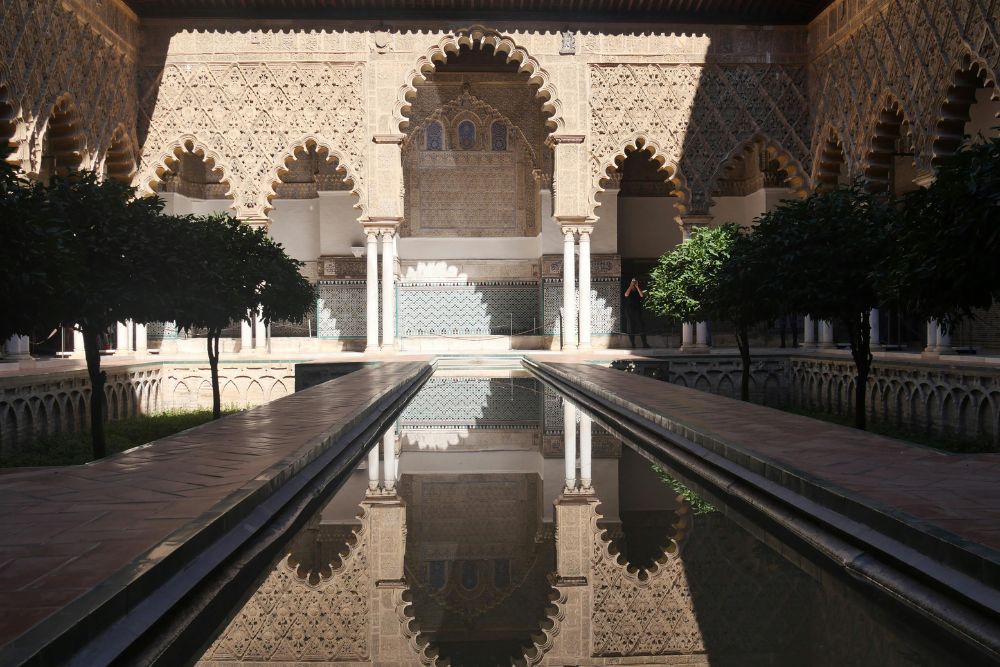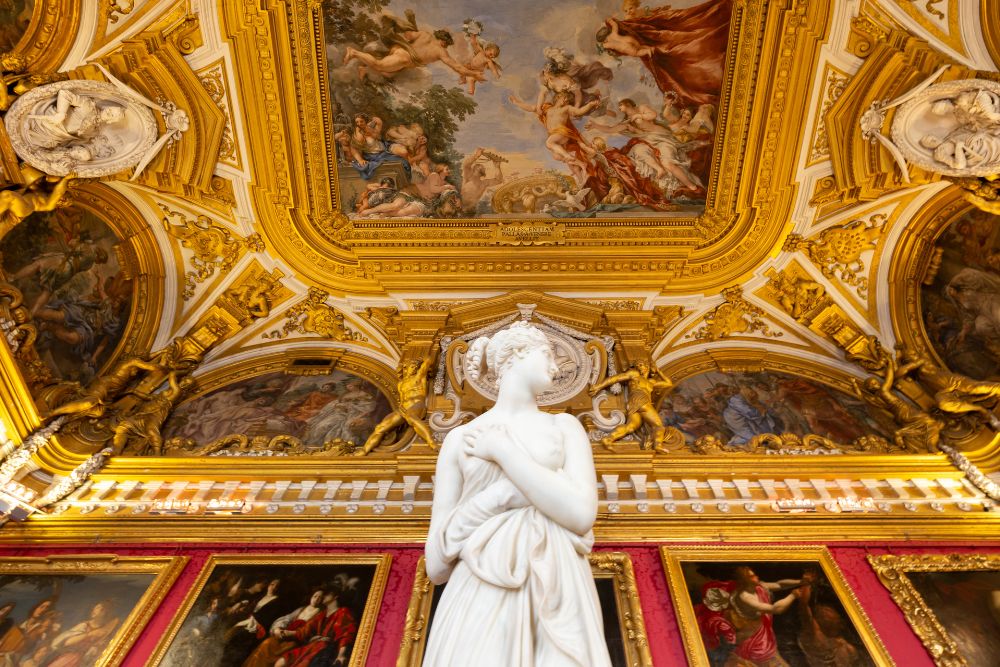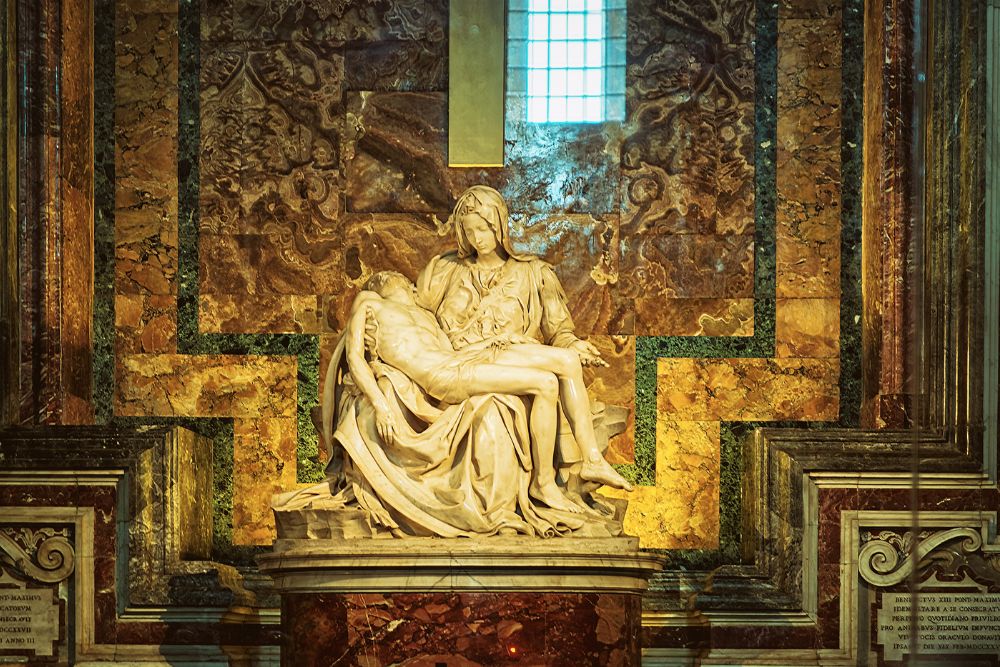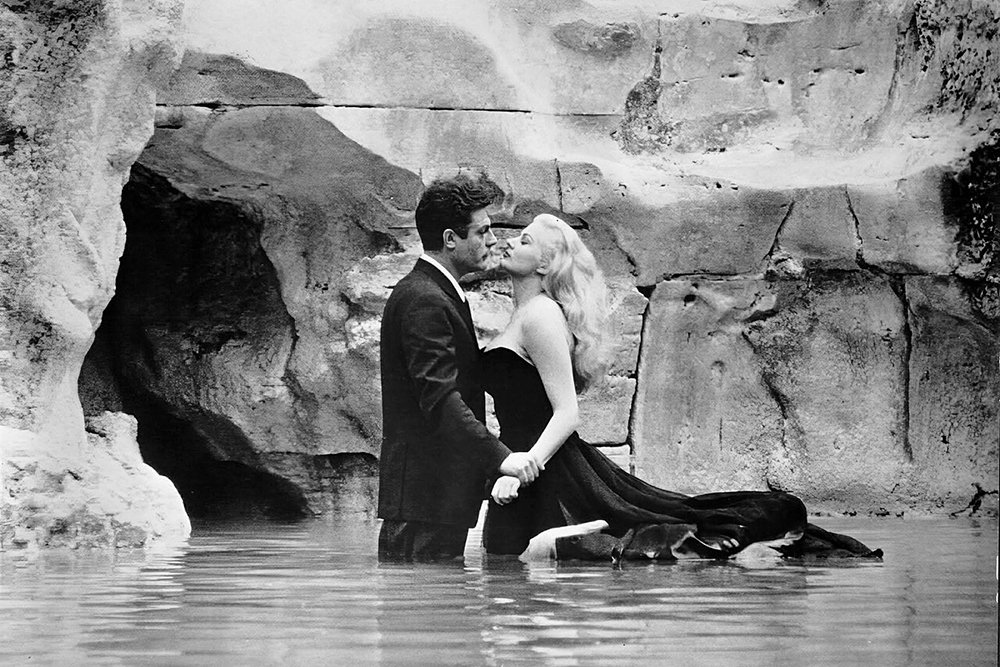
Italian Films
Italian films hold a unique and influential place in world cinema, shaping the art of filmmaking through innovation, storytelling and visual beauty. From the neorealist movement after World War II to modern international productions, Italy has continually produced films that resonate with audiences far beyond its borders. The country’s cinematic tradition is known for its authenticity, artistry and emotional depth.
Generations of filmmakers, actors and screenwriters from Italy have influenced global cinema, creating timeless works that remain essential viewing today. Italian films are not only a reflection of the nation’s culture but also a window into universal human experiences such as love, loss, hope and resilience. Their impact stretches across genres, languages and decades of film history.
The birth of italian cinema
The roots of Italian cinema date back to the early twentieth century, when Italy was among the first nations to experiment with motion pictures. Historical epics such as Cabiria in 1914 set the stage for ambitious storytelling and grand visuals, influencing filmmakers around the world. The silent era established Italy as a pioneer, capable of producing large-scale films with international appeal.
As cinema evolved, Italian filmmakers began exploring not only spectacle but also stories grounded in reality and human emotion. The interwar years saw a mixture of escapist films and propaganda, yet the seeds of more profound storytelling were already planted. By the mid twentieth century, Italian cinema would undergo a revolution that transformed its role on the world stage.
Italian neorealism
Neorealism emerged in the 1940s, reshaping cinema with its raw and authentic approach to storytelling. Directors such as Roberto Rossellini, Vittorio De Sica and Luchino Visconti captured the struggles of ordinary people living in postwar Italy. Films like Rome Open City and Bicycle Thieves stripped away glamour and focused instead on the hardships of real life, often using non-professional actors and real locations.
This movement deeply influenced global cinema, inspiring directors in Europe, Asia and the Americas to adopt similar techniques. Neorealism gave a voice to the marginalized and provided an unflinching portrayal of social reality. Its legacy is seen in countless modern films that strive for authenticity and social commentary, making it one of Italy’s greatest contributions to the art form.
The golden age of italian cinema
From the 1950s through the 1970s, Italy experienced a golden age of filmmaking, producing both critically acclaimed art films and popular successes. Federico Fellini’s La Dolce Vita and 8½ showcased his visionary style, blending surreal imagery with deeply personal storytelling. Michelangelo Antonioni explored alienation and modernity in works like L’Avventura, while Pier Paolo Pasolini combined poetry with political critique in his films.
During this period, Italian films dominated international festivals and earned global recognition. They explored themes of identity, morality and desire while pushing the boundaries of cinematic language. The golden age also solidified Italy’s reputation as a nation of cinematic innovators, capable of blending artistry with commercial appeal in ways that captivated worldwide audiences.
Italian comedy and popular cinema
Alongside the high art of directors like Fellini and Antonioni, Italian cinema thrived through comedy and popular genres. The commedia all’italiana, or comedy Italian style, emerged in the 1950s and 1960s, mixing humor with social satire. Actors such as Alberto Sordi, Totò and Vittorio Gassman became household names, delighting audiences with stories that were both funny and deeply human.
Popular genres such as spaghetti westerns also flourished, with directors like Sergio Leone redefining the western through iconic films like The Good, the Bad and the Ugly. These films influenced Hollywood and inspired generations of directors across the globe. Italian genre cinema proved that entertainment could also carry artistry, leaving a lasting cultural footprint.
Italian cinema and international recognition
Italian films consistently garnered international awards and recognition, cementing the nation’s influence on world cinema. Fellini won multiple Academy Awards, while De Sica and Rossellini earned acclaim at Cannes and Venice. The success of films like Cinema Paradiso in the late twentieth century showed that Italy could still create masterpieces that touched audiences worldwide.
Actors such as Sophia Loren, Marcello Mastroianni and Anna Magnani became global stars, embodying the charm and artistry of Italian cinema. Their work contributed to Italy’s reputation as a powerhouse of both performance and direction. The combination of talent, creativity and cultural authenticity ensured Italian films a permanent place in the history of cinema.
Modern italian cinema
In recent decades, Italian cinema has evolved while maintaining its connection to tradition. Directors such as Giuseppe Tornatore, Nanni Moretti and Paolo Sorrentino continue to bring Italian stories to international audiences. Sorrentino’s The Great Beauty, which won the Academy Award for Best Foreign Language Film, reflects both the grandeur and melancholy of modern Italy.
Italian cinema today explores contemporary issues such as politics, family and identity, while still honoring its artistic legacy. It remains a source of inspiration for filmmakers and audiences alike, reminding the world of cinema’s ability to capture both the ordinary and the extraordinary. Italy continues to contribute meaningfully to the global conversation of film.
The influence of italian films worldwide
Italian films have shaped countless filmmakers across the globe, from Martin Scorsese to Akira Kurosawa, who admired the honesty and artistry of neorealism. The stylistic innovations of Fellini and Leone continue to echo in contemporary cinema, proving that Italy’s influence is enduring and far-reaching. These films have become part of the DNA of world cinema itself.
Audiences everywhere still turn to Italian cinema for inspiration, education and enjoyment. Whether through timeless classics or modern creations, Italian films maintain their reputation as cultural treasures. They demonstrate the power of storytelling to bridge nations and generations, uniting people through shared emotion and imagination.
Conclusion
Italian films are a cornerstone of world cinema, offering a legacy that spans neorealism, artistic innovation, popular genres and modern masterpieces. They reflect Italy’s culture while also speaking to universal human experiences, ensuring their relevance across time and geography. From the earliest epics to the latest award winners, Italian cinema continues to inspire awe and admiration.
For anyone who loves film, exploring the world of Italian cinema is an unforgettable journey. It offers not only artistic brilliance but also a profound understanding of life, memory and human emotion. Italian films remain a timeless gift to global culture, a testament to the enduring power of storytelling through the lens of one remarkable nation.







